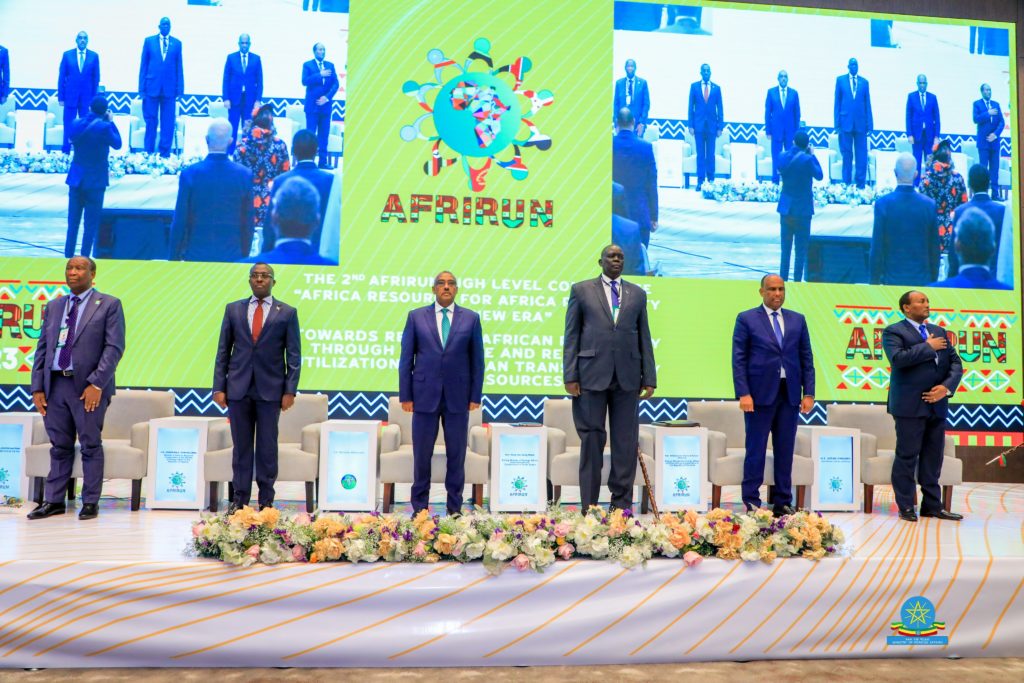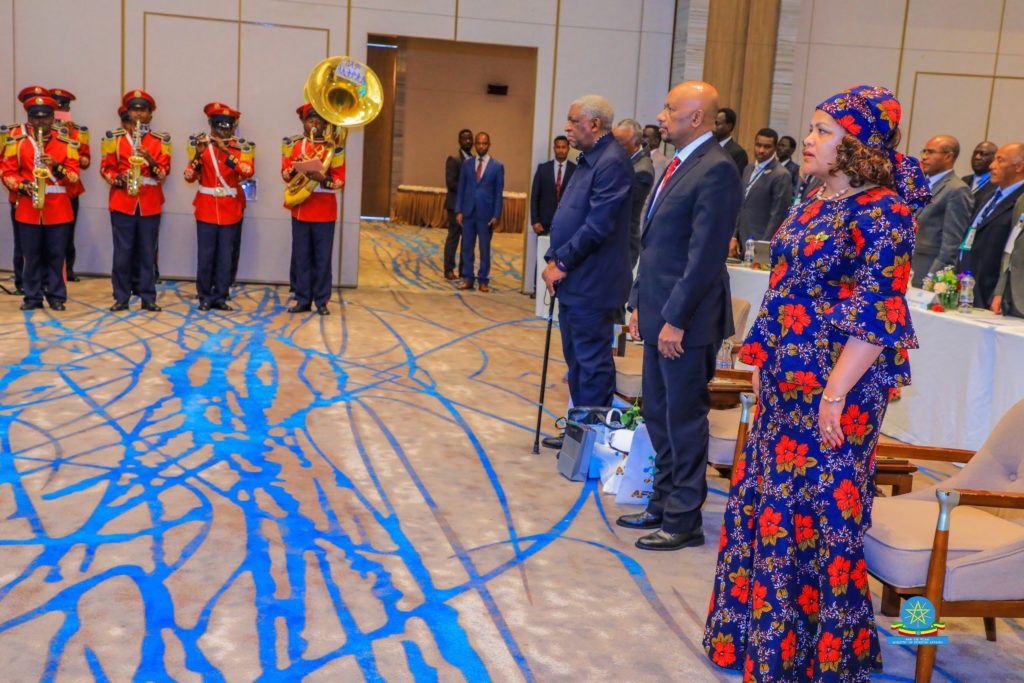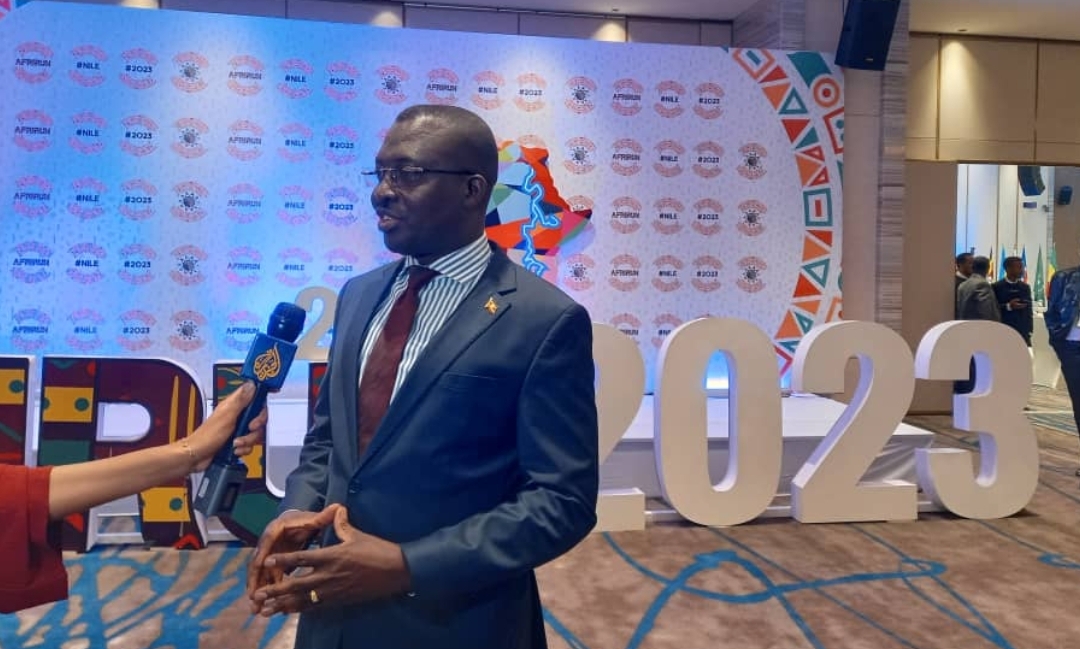Uganda believes that negotiations led by the African Union (AU) will help in resolving the underlying issues in regard to the utilization of River Nile waters by the Nile Riparian countries.
The revelation has been made by Uganda’s State Minister of Foreign Affairs in charge of regional Affairs, John Mulimba, while addressing participants of the second Africa-Run Forum on equitable and reasonable utilization of trans-boundary water resources in Africa taking place in Addis Ababa, Ethiopia.
“I would like to reiterate Uganda’s call that the right approach for mutual gains for countries especially in the Nile Basin is to aim to address the underlying concerns of all Parties, and renew our commitment to negotiations on transboundary resources under the auspices of the African Union,” Mulimba said on Thursday.

Mulimba further reminded Nile Riparian countries that common water resources can sometimes cause insecurity if not appropriately addressed.
“I urge all of us to reflect deeply on the equitable and sustainable utilization of transboundary resources for the good of our continent taking into account the fact that transboundary resources can be a source of insecurity if mismanaged. The choices we make will have a great impact on future generations,” reiterated the Minister.
Mulimba called upon all Parties (Nile Riparian countries) to ratify and deposit the instrument of ratification of the Nile River Basin Cooperative Framework Agreement (CFA).

The CFA was reached by the upstream countries concerned by the so called “natural and historical rights” espoused by Egypt.
The agreement marked the aspirations of the upstream states and succeeded in agreeing on a treaty that has codified current international law, replacing the colonial and post colonial treaties over the Nile River that militate against the shared interests of all riparian countries.
According to Mulimba, the Agreement provides for the sustainable use, development, protection, conservation and management of the Nile River Basin and its resources.
“It (CFA) establishes an institutional mechanism for cooperation among the Nile Basin States; and would facilitate the implementation of joint transboundary water related projects between the Nile Basin countries,” Mulimba explains.
His remarks come amid a standoff between Ethiopia and Egypt regarding the construction of the Grand Ethiopian Renaissance Dam (GERD) on the Blue Nile River.
Egypt claims the dam can potentially carry a grave danger for them due to their near total dependence on the river Nile, an allegation they have never proved.
Egypt is selfishly seeking to maintain the status quo by advancing its hegemonic use of the Nile water at the expense of other countries as indicated in the colonial agreements of 1929 and 1959 which Ethiopia was not party to.

Egypt wants to remain the dominant riparian country using the Nile for development projects.
Meanwhile, Ethiopia and other upstream countries have for years been urging for the equitable and reasonable utilization of the Nile in order to facilitate the socio-economic development of the over half a billion people living in the Nile Basin with sufficient electricity.
With cooperation by all parties, AU, the continental body, can ably handle the negotiations with an aim of reaching a win-win agreement on the dam’s filling and operation.
This, however seem not to be a priority for Egypt, which based on its actions, is frustrating all talks held under the auspices of the AU. Cairo is instead focusing on internationalizing the matter by taking and making it a security threat by running to the United Nations and the Arab League.
Ethiopia has made its position clear time and again that such tricks are unproductive and taking the subject matter to the United Nations Security Council was and is unhelpful and far from the mandate of the Council.

